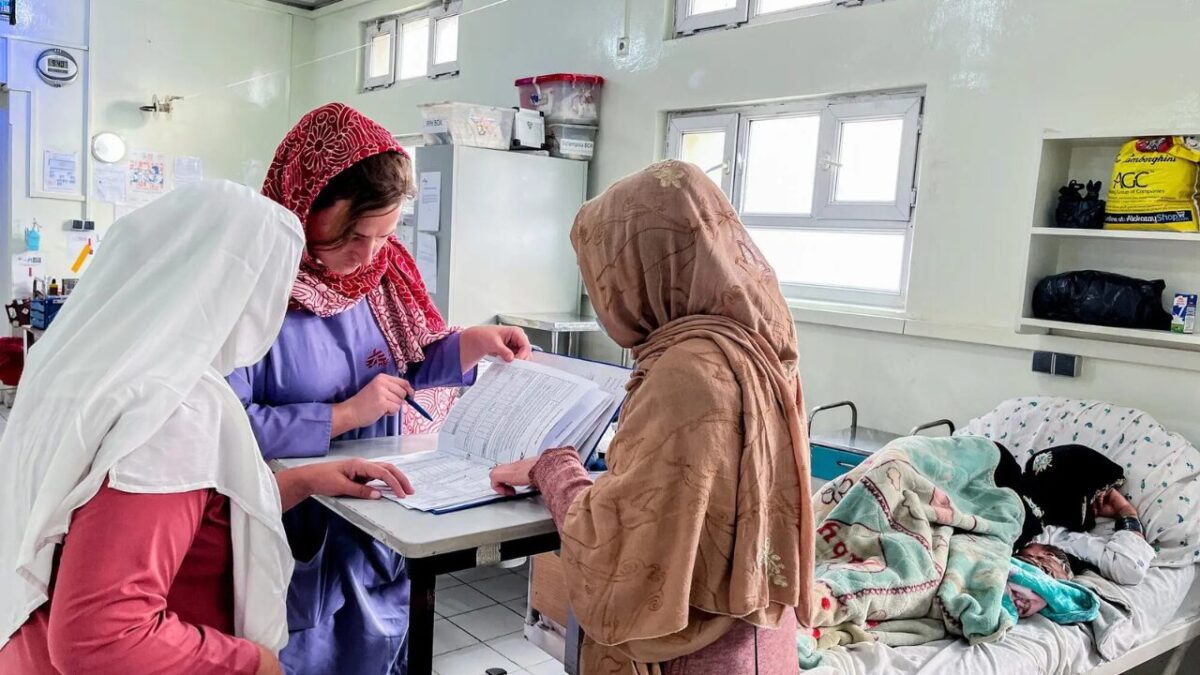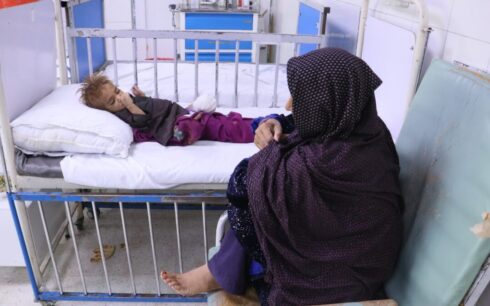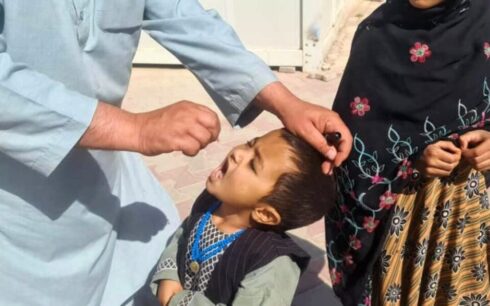KABUL — The World Health Organization has warned that 202 humanitarian health facilities across Afghanistan have been suspended or shut down since March 25 due to a lack of funding, disrupting access to critical medical services for an estimated 1.8 million people in 28 provinces.
In its latest monthly report, released Monday, the WHO said the closures include 108 mobile health and nutrition teams, 33 family health houses, 20 basic health centers, 22 sub-health centers, and 19 additional health facilities.
The agency noted that the number of suspended facilities may fluctuate weekly depending on funding availability from humanitarian partners. It urged donors to act swiftly to restore essential health services and prevent a further deterioration of Afghanistan’s public health situation.
The warning comes as Afghanistan contends with ongoing outbreaks of communicable diseases. In March alone, health authorities recorded 7,128 cases of acute watery diarrhea, 139,226 cases of acute respiratory infections (including pneumonia), 12,535 suspected measles cases, 18 cases of dengue fever, 794 cases of malaria, and 29 cases of Crimean-Congo hemorrhagic fever (CCHF), according to WHO data.
The report highlighted that acute respiratory infections were the most widespread, with 139,226 cases and 309 associated deaths — though that marked an 18.9 percent decrease compared to the previous month.
Conversely, suspected measles cases rose sharply, with 12,535 reported in March — a 42.8 percent increase from the previous month — resulting in 82 deaths. Malaria cases also rose by 10 percent compared to February, though no deaths were recorded.
The closures of health facilities come amid a worsening humanitarian crisis in Afghanistan, where international aid has been declining and the country’s health infrastructure remains heavily reliant on donor support. The WHO has repeatedly cautioned that without sustained international funding, the fragile health system could face collapse, leaving millions without access to basic care.




